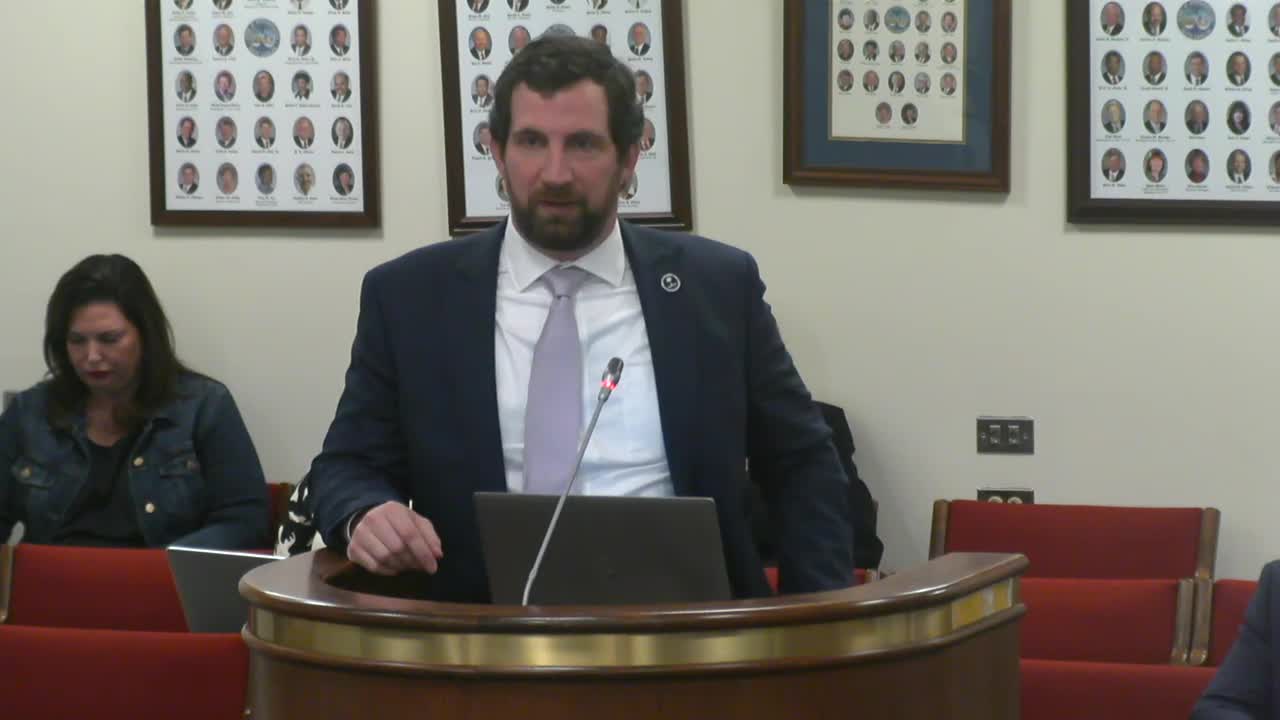State Department of Education outlines LETRS training, Palmetto Math pilot, Read to Succeed retention and a cell-phone 'Free to Focus' model; requests $200M for
Get AI-powered insights, summaries, and transcripts
Subscribe
Summary
Department of Education presented a strategy that centers LETRS literacy training, a Palmetto Math pilot, Read to Succeed retention enforcement and a cell-phone model policy; officials requested funding to raise starting teacher pay and to buy instructional materials.
Philip Cease, director of governmental affairs for the South Carolina Department of Education, briefed the House Education and Public Works Committee on the department’s strategic plan and 2025 budget priorities.
Cease described a four‑pronged strategy that includes statewide rollout of LETRS literacy training (Science of Reading), expansion of the Palmetto Math Project, Read to Succeed 2 retention provisions for third graders and a model cell‑phone policy the department is branding “Free to Focus.” He said the legislature funded nearly $40 million for LETRS professional learning and that about 20,000 teachers are “either in the pipeline or have completed” the training. "By the end of the '25‑'26 school year, every K‑3 teacher will have been through LETRS," Cease said.
On Read to Succeed 2, Cease and committee members noted that department materials show 16,238 third graders would have been eligible for retention under the statute if the rule had been in effect last year; members discussed summer reading camps and the department’s plan to increase capacity. Cease said the department is seeking increased funding for summer reading camps and for high‑quality instructional materials: the budget request lists $20 million recurring and $95 million nonrecurring for instructional materials, $13 million for a CTE Rural Renaissance initiative and $200 million to raise starting teacher salaries to $50,000.
Cease also described the cell‑phone proviso in the current appropriations bill that required the State Board of Education to adopt a model policy; local school boards must adopt a policy consistent with the model to maintain classroom funding. The proviso defines school day as bell‑to‑bell and leaves consequences to local districts, while allowing exceptions for medical or safety needs. "Access is defined as viewing, holding, or wearing, or otherwise using an electronic device," Cease said.
Committee members asked about implementation and communication: several members requested copies of the proviso language and district plans; Cease said the department would distribute material and that districts had submitted local plans for approval. Members also asked about teacher compensation, use of AI for remediation and administrator training. Cease said the department was piloting board training for charter schools and planned to broaden it, and that the Palmetto Math Project was intended to mirror the earlier literacy work.
The department’s presentation and committee discussion did not include a formal vote; members were directed to receive slides and follow up with department staff for specific district data and examples of programs in use.
